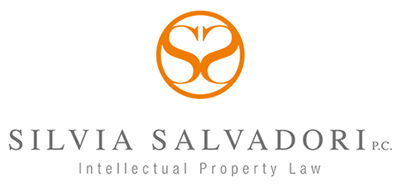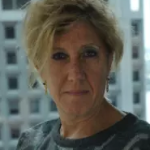 The Senate IP subcommittee recently held three public hearings on the state of patent eligibility. It clearly appeared that relatively recent U.S. Supreme Court decisions have left companies, universities, and investors confused and unable to understand what is patentable and what is not. The consequences are very important because currently, companies are reluctant to start investigating and investing time and money in areas that are not clearly identified as patent-eligible.
The Senate IP subcommittee recently held three public hearings on the state of patent eligibility. It clearly appeared that relatively recent U.S. Supreme Court decisions have left companies, universities, and investors confused and unable to understand what is patentable and what is not. The consequences are very important because currently, companies are reluctant to start investigating and investing time and money in areas that are not clearly identified as patent-eligible.
For example, the courts’ recent tests for eligible subject matter is preventing certain medical diagnostic tests from being patent-eligible and is rendering very difficult to patent extracts derived from natural compounds. In the past, the non-eligible subject matter was limited to mathematical formulas or products found in nature. Currently, this is no longer the case.
These hearings made clear that it is imperative to obtain an Act of Congress to resolve this impasse and to abolish all these judicially created exceptions that limit so much of what type of field can be invested upon to obtain meaningful patent-protected inventions.
Not everyone agreed that changes to the system were necessary. Some parties expressed concerns about letting companies patent human genes, natural products or abstract ideas.
Others, were happy with the status quo because the current eligibility standard allows patents to be invalidated early in litigation — but of course this is not a good enough reason to maintain the status quo. The current regime of patent eligibility in the US should not be maintained just because accused infringers have the opportunity to invalidate patents quickly.
It should be remembered that one of the problems created by the Court’s various decisions is that the requirements for patent eligibility (under section 101 of the code) have been collapsed together with the requirement for non-obviousness, which is covered already by another section (103) of the code.
The real question is: Will Congress act — and will it act quickly?
Please contact me at silvia@salvadorilaw.com with questions or comments.
Silvia Salvadori, PhD

